P U B L I C A T I O N S
How To Start A Business When You're Low On Funds
Think You're Too Broke To Start A Business? Think Again
Published in
Forbes | July 31, 2023 | Author: Thomas Minieri
-- In the first few chapters of my book, I tell the story of how I started my first company in my mid-20s, with only $30 to my name. I was a struggling artist, and after getting fired from my not-so-well-paying job, I found myself being an unemployed, broke artist. I took the plunge into the crazy world of entrepreneurship as an act of sheer desperation. Ten years later, my company had 16 locations in six states and employed about 50 professionals; revenues surpassed $12 million.
Recently, I was at a business conference, and I shared this story with the small group of colleagues sitting at my table. To my surprise, one of the people at my table boldly stated, “Everyone knows you can’t start a business with $30.” Fortunately, my mid-20s self never got that memo, because I did in fact start my company with $30. Here’s how I did it and what other entrepreneurs can learn from my story.
Not only was I out of money when I started my company, but foreclosure proceedings had just begun on my small townhouse because of non-payment on my mortgage. To raise money, I listed all my possessions on eBay, including things that were sentimental to me. Most notable among those items was a rare model train set that my father—who had passed away a few months earlier—had given me. I made $2,000 on that sale and about $500 selling everything else I owned. That money gave me a few months’ budget buffer for food and basic living expenses.
If you feel you do not have any money to start a business, then go through every possession you own—no exceptions—and evaluate if you would rather keep that possession or use it to pursue the lifestyle being a successful entrepreneur can bring you. You may be surprised by just how much money you can scrounge up to get your business off the ground.
To further keep me financially afloat, I got a second job in the morning, as I needed to be available for my business which primarily operated in the evenings. Getting a second job while you build your business can be smart so long as the second job doesn’t hinder your entrepreneurial ambitions. Is juggling two jobs exhausting? Yes, very much so. But I was willing to do whatever it took to get my company off the ground.
Leverage Skills Or Gain Skills
I was in the performing arts industry, but I was also a talented visual artist and had dabbled in graphic design and website design in high school as a hobby. I didn’t realize it at first, but having these skills was invaluable. I was able to leverage my abilities and create a decent website and brand for my company.
As a marketing coach now, I do not recommend do-it-yourself website projects for underfunded entrepreneurs who are inexperienced with website design because a poor first impression can kill any hope of making sales. What I do recommend to broke startup entrepreneurs is investing time into learning the ins and outs of graphic design, website design and sales copywriting. These skills are a must if you want to start a business and can be costly if you pay someone else to do these tasks. I caution anyone against hiring a cheap designer or copywriter; you get what you pay for. Cheap often means low quality, and a low-quality brand tends to yield low sales. If you are not creatively inclined, it may take you time and push you out of your comfort zone to learn these types of skills, but they could prove to be some of the most valuable short- and long-term ones you develop as a modern entrepreneur.
Use Clever Advertising
So how did I spend my $30? It—along with every penny I made for the first six months—went into advertising. People like unexpected surprises. I made a clever certificate that awarded its recipient a free month of my services. “You’ve just been awarded...” is a more enticing proposition than “Call for a free...” All $30 went to printing a giant stack of these awards. My girlfriend—now wife—helped me stuff mailboxes with these awards. We targeted all the wealthy neighborhoods in the area. Within a few days, I got my first customer, then my second and then my third.
While grassroots marketing (passing out flyers or business cards, attending networking meetings, posting on social media, or other low-yield, time-heavy promotional activities) helped me get started, I quickly realized that these were not sustainable methods of promoting my business. Not only did these types of marketing methods consume my time, but they simply didn’t give me the reach I needed to find success. The best I could expect was to pass out maybe 40 to 50 flyers in a day’s time.
The problem with grassroots marketing methods is that they do produce some results, which convinces many new entrepreneurs to keep doing them. But these methods don’t tend to produce constant, consistent and predictable results. Instead, consider implementing a marketing model that automates your prospecting efforts and dramatically improves your reach. The sales copy on my flyer proved effective, which gave me the confidence to push it out to the masses. I stopped stuffing mailboxes (which reached dozens of homes) and leveled up my marketing by putting my flyer in a local magazine (which reached tens of thousands of homes). Clever messaging paired with a broad-reach approach was a winning marketing strategy for me.
Conclusion
If you want to start a business on the cheap, then you’ve got to put everything on the line because you’ll need at least some money for basic living expenses and advertising. Get a handle on your marketing skills and get away from small-scale random acts of marketing that produce little to no results to work toward the fast track to success.

ABOUT THE AUTHOR
Thomas Minieri is the author of the cult-classic book Lemonade Maker. A self-made entrepreneur, innovation strategist, and digital marketing expert, he founded Lemonade Maker® Strategies— a modern business community designed to help entrepreneurs thrive in today’s age of technology and disruption.
With over two decades of experience, Thomas has built multiple 7- and 8-figure companies across franchising, digital strategy, real estate, event production, and innovation consulting—entirely without outside capital or debt. His work has been featured in Forbes, Entrepreneur, Fast Company, and more.
Known for his fearless creativity, culture-driven leadership, and tech-forward approach, Thomas has helped thousands of founders bring clarity to chaos and break the status quo to build something unforgettable.

















